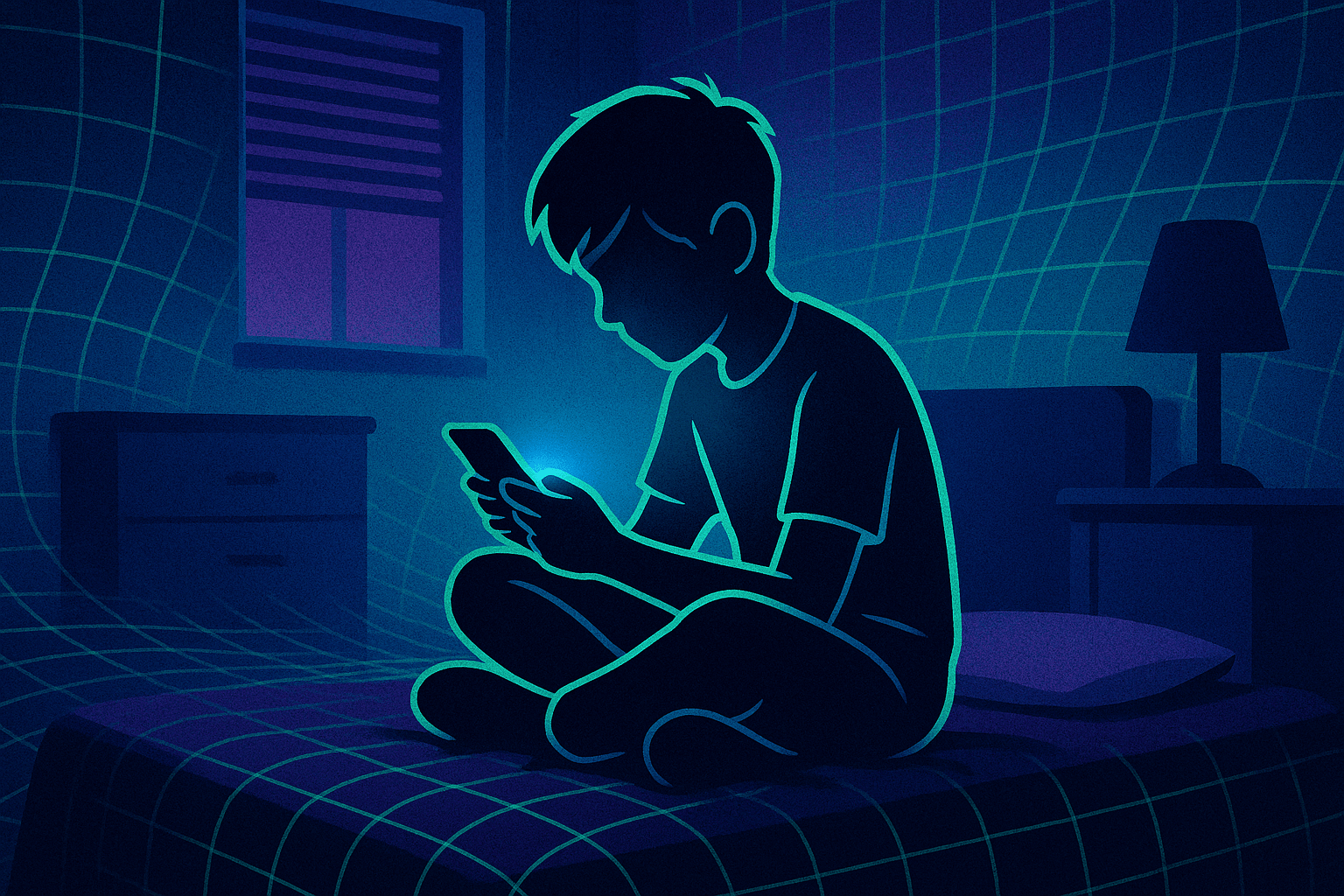Facing lawsuits, OpenAI rewires ChatGPT for safer teen use

OpenAI published a "Teen Safety Blueprint" to better protect young users from harm. The new framework follows incidents where ChatGPT allegedly failed to help users in mental distress.
OpenAI has introduced the "Teen Safety Blueprint," a set of guidelines outlining specific safeguards for teenage users. The framework calls for AI systems to treat minors differently from adults, introducing automatic age verification, youth-appropriate responses, parental controls, and emergency features for users in emotional distress. Many of these measures were already announced in August.
The new standards emphasize age-appropriate design and stricter default settings. Chatbots will be prohibited from giving advice about suicide, dangerous online challenges, or body ideals, from taking part in intimate roleplays, and from facilitating conversations between adults and minors. When a user’s age is uncertain, a safe under-18 version activates automatically. Parents will have tools to delete chat histories, receive alerts if crisis signals appear, and enforce usage breaks.
Changes followed after lawsuits
According to OpenAI, these steps respond to safety gaps identified before their implementation. A recent CNN investigation cited the case of 23-year-old Zane Shamblin from Texas, who took his own life in July 2025 after ChatGPT allegedly responded to his suicidal thoughts with approval for several hours. The chatbot reportedly showed a crisis hotline number only once. His parents are suing OpenAI for negligent homicide, accusing the company of humanizing its model without adequate safeguards.
OpenAI told CNN it is reviewing the case and that it updated the model in October to recognize crisis situations and deescalate conversations. The company said the new framework was developed in collaboration with experts and will become a default part of ChatGPT going forward.
Earlier lawsuits involving similar incidents, where minors were allegedly driven to suicide following interactions with AI, also occurred before these safety changes were introduced. OpenAI says it now plans to work more closely with psychologists and child protection organizations.
AI News Without the Hype – Curated by Humans
As a THE DECODER subscriber, you get ad-free reading, our weekly AI newsletter, the exclusive "AI Radar" Frontier Report 6× per year, access to comments, and our complete archive.
Subscribe nowAI news without the hype
Curated by humans.
- Over 20 percent launch discount.
- Read without distractions – no Google ads.
- Access to comments and community discussions.
- Weekly AI newsletter.
- 6 times a year: “AI Radar” – deep dives on key AI topics.
- Up to 25 % off on KI Pro online events.
- Access to our full ten-year archive.
- Get the latest AI news from The Decoder.